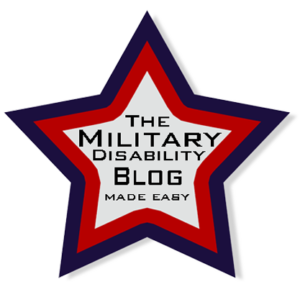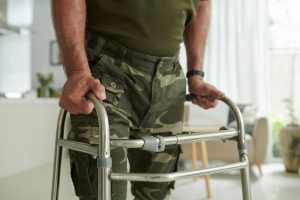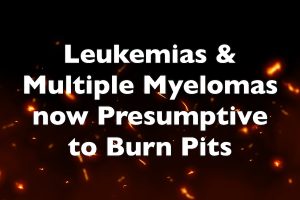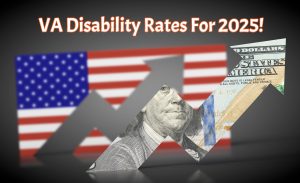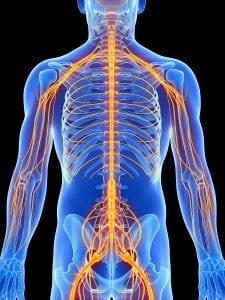On March 20, 2025, we will stop accepting new Military Disability Made Easy subscriptions. For more information about how this change may impact your subscription, click here
An Amendment to the Quicker Veterans Benefits Delivery Act Further Supports Non-VA Medical Evidence
- Published:
- Last Updated: October 5, 2022

Last month we discussed the Quicker Veterans Benefits Delivery Act (H.R.1980), which was introduced to Congress in 2013 by Representative Tim Walz of Minnesota. In March 2014, Mr. Walz introduced another bill (H.R.4191) to amend the Quicker Veterans Benefits Delivery Act. This act is still in Congress, but if it passes, it will make the following changes:
Under the terms of this act, the VA would be required to accept any medical evidence from a non-VA medical professional that is considered “sufficiently complete” when deciding VA Disability for disabled American veterans. This is referred to as the Acceptable Clinical Evidence Initiative (A.C.E. Initiative).
Based on the amendment, “sufficiently complete” is now defined as any evidence that is “competent, credible, probative,” and that contains the necessary information to properly rate a condition.
The VA uses the laws of the VASRD to give all conditions a military disability rating. These laws specify the exact information needed to rate each condition. Without that specific information, the condition cannot be rated.
For example, the majority of elbow conditions are rated on limited motion of the joint. If a physician records pain and takes x-rays, but doesn’t take exact measurements of the elbow’s motion, then the condition will not be rated until those measurements are obtained. So, as long as the non-VA medical records contain the proper information needed to rate a condition, then under this act, the VA would have to accept them as sufficient evidence.
The amendment to the Quicker Veterans Benefits Delivery Act also requires the VA to submit regular reports on the progress of the A.C.E. Initiative so that Congress will be able to closely monitor the implementation and success of the program.
Recent Posts
TDRL vs. PDRL—Which is better for disability benefits?
February 13, 2025
Leukemias and Multiple Myelomas NOW on the Presumptive List
January 9, 2025
Two MORE Conditions added to the Burn Pit Presumptive List
January 3, 2025
The 2025 VA Disability Rates are here!
December 2, 2024
About Us

